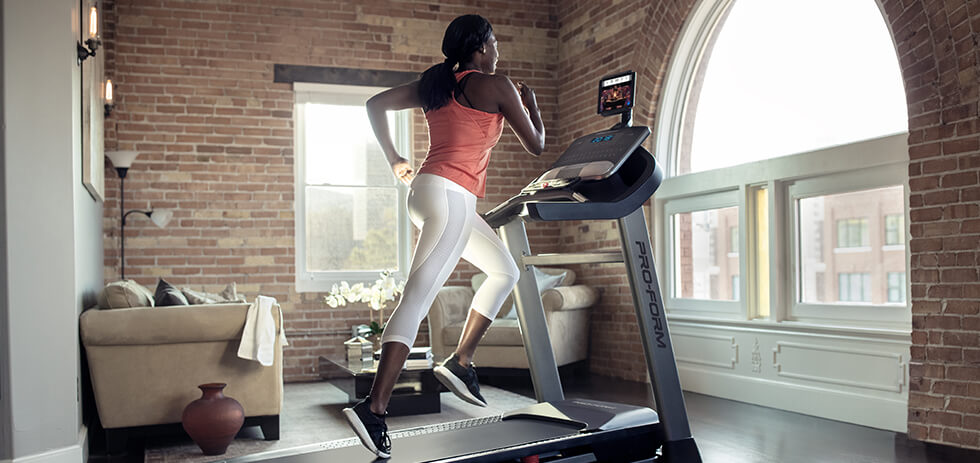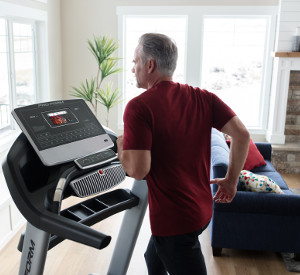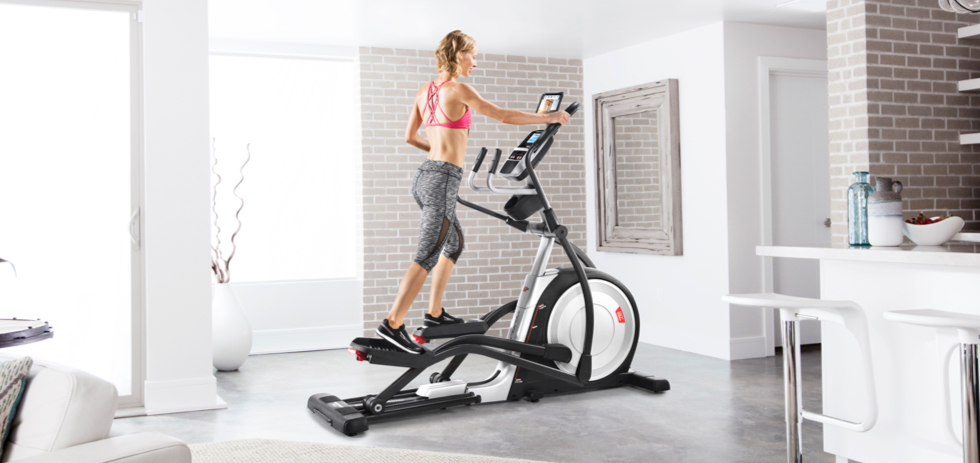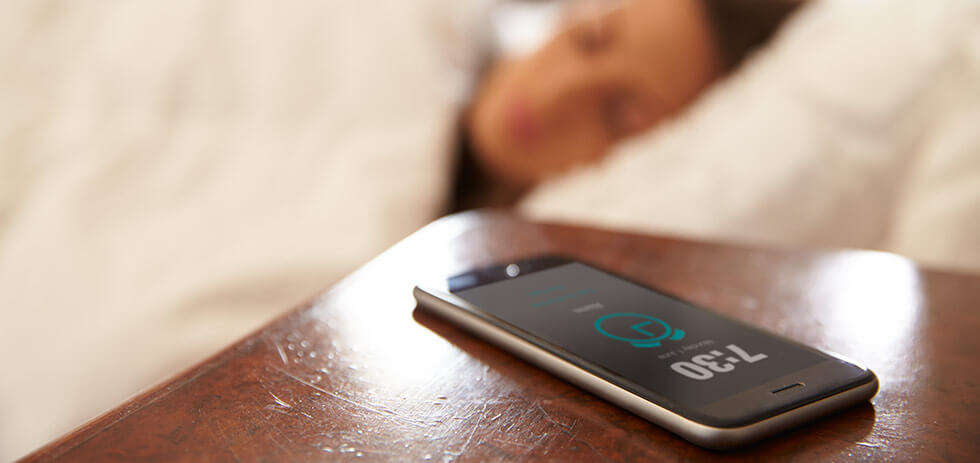How Exercise Can Make You Happier And Healthier

While being physically active is not easy these days, it is important for your health and for your happiness to find ways to keep your health and fitness a priority. Not only will exercising help combat weight gain from overeating during isolation, for example, but it can also be good for your heart especially during these stressful times.
A large percentage of Americans are “essential workers” who must continue to fulfill their jobs despite the risk of infection. Many of these frontline workers, especially healthcare professionals, are working extended hours during the pandemic––leaving them stressed with little time or energy to exercise, which is ever so important for them to stay active and keep a positive mood.
Exercising At Home During This Pandemic
Exercising at home has its normal benefits: avoiding gym crowds, making better use of your time, saving money, and having access to your preferred equipment without any wait time. Also, the benefit of working out any time you want, even in your pajamas, is more enticing than the gym.
However, this “lockdown” may have sabotaged your regular exercise routine with childcare, remote work adjustments, movies, snacks, internet surfing, and other forms of entertainment or responsibilities. And if you’re a frontline worker, your schedule may now look like work-sleep-worry-repeat, with little time to exercise at home.
With all that in mind, our “why’s” for exercise may look a little different. Rather than working out to get that 6-pack you’ve always wanted, it may be essential to see exercise as a way to support your immune system to stand up against this virus and improve your happiness levels during a flourishing time of depression, anxiety, and stress.
Exercise Can Ease Symptoms Of Depression
Exercise can be one of your best defenses against depression during the coronavirus outbreak and social isolation. For instance, a study of 43 undergraduate students with depression, researchers found that 10 weeks of strenuous exercise reduced depression more than relaxation exercises or no exercise at all.
Other research shows that you don’t need long stretches of strenuous exercise to reduce depression––engaging in even one bout of walking exercise or yoga can improve mood and boost feelings of vigor.
To jumpstart your mood and your day, try this walking workout series in Costa Rica with John Peel on iFit. This series is great for beginners––tackling intervals and inclined walks to challenge you and leave you feeling accomplished and stronger.
Manage Anxiety With Exercise
Fears about becoming sick with or spreading the virus, the stress of isolation, challenges of finding supplies, uncertainty about the future, and other worries associated with coronavirus can cause anxiety, especially in the 40 million American adults already living with an anxiety disorder.
Anxiety can unfortunately have long-lasting effects. Harvard Medical School says anxiety increases the risk for depression and other psychiatric disorders, for example, and that anxiety can contribute to diabetes and cardiovascular problems. Fortunately, exercise can be an effective therapy for anxiety.
Psychiatrist, John J. Ratey, MD, states, “ I’ve not only seen the science, I’ve witnessed firsthand how physical activity affects my patients. Research shows aerobic exercise is especially helpful. A simple bike ride, dance class, or even a brisk walk can be a powerful tool for those suffering from chronic anxiety. Activities like these also help people who are feeling overly nervous and anxious about an upcoming test, a big presentation, or an important meeting.”
Try relieving some of your anxiety with this iFit workout in the iconic, jaw-dropping landscapes of Machu Picchu with Tommy Rivers Puzey. Escape your current space and slowly take in the beauty of the Andes Mountains.
Exercise To Relieve Stress
Stress tends to be a normal part of life for many people, so unfortunately this is no new news. Then living with the unknown of where we are heading economically and professionally can leave people feeling stressed more than normal. It may be impossible to eliminate stress altogether, however, we can learn how to manage it better.
According to a recent ADAA online poll, 14 percent of people exercise regularly to cope with stress, 18 percent reported talking to friends or family, 17 percent reported sleeping, 14 percent reported watching movies or TV, 14 percent reported eating, and 13 percent reported listening to music.
We may all have our own way of managing stress, and as long as you’re doing it safely, then you’re on the right track. We’re here to help guide that 14 percent, inviting everyone else along the way to join the therapeutic journey of exercise in hopes of gaining greater advantages of health and happiness.
To further promote exercise as a way to make you happier and healthier, we fully invite you all to join The iFit Community. It’s a safe place for you to find support and motivation from people just like you. Whether you’re on lockdown at home or on the frontlines in the battle against COVID-19, this interaction can help keep you going, even when the going gets tough. And remember, we’re in this together!
DISCLAIMER: This post is not intended to replace the advice of a medical professional. The above information should not be used to diagnose, treat, or prevent any disease or medical condition. Please consult your doctor before making any changes to your diet, sleep methods, daily activity, or fitness routine. ProForm assumes no responsibility for any personal injury or damage sustained by any recommendations, opinions, or advice given in this article. Always follow the safety precautions included in the owner’s manual of your fitness equipment.
IFIT DISCLAIMER: iFit requires an internet connection and wifi to function. You will be required to provide your credit card information upon sign-up for iFit. Your Commitment Period may be month-to-month or twelve (12), eighteen (18), or thirty-six (36) months, depending on your agreement. Terms shall apply to your iFit use and subscription during your Commitment Period and any subsequent Renewal Term. Unless you cancel your account or notify us at least twenty four (24) hours prior to the expiration of your commitment period that you do not wish to renew your subscription, your iFit subscription will automatically renew for an additional month, one (1) year, or two (2) year period, as applicable, for the same duration as your initial commitment period (“The Renewal Term”), and you authorize us to bill the then-applicable membership fee and any taxes to the payment method we have on record for you.
Sources:
https://www.cdc.gov/coronavirus/2019-ncov/daily-life-coping/managing-stress-anxiety.html
https://www.ncbi.nlm.nih.gov/pmc/articles/PMC2996155/
https://www.yalemedicine.org/stories/life-at-home-covid-19-outbreak/
https://www.ncbi.nlm.nih.gov/pmc/articles/PMC7031771/
https://www.mayoclinic.org/healthy-lifestyle/fitness/in-depth/exercise/art-20048389
https://www.proform.com/blog/pro-5000-best-treadmill-for-gym-haters/
https://medlineplus.gov/ency/article/007165.htm
https://www.healthline.com/nutrition/10-benefits-of-exercise#section1
https://psycnet.apa.org/record/1984-26469-001
https://health.gov/sites/default/files/2019-09/Physical_Activity_Guidelines_2nd_edition.pdf
https://www.proform.com/blog/ifit-community-support-motivation-home-workouts/
https://coloradopaincare.com/the-importance-of-exercise-during-covid-19-isolation/
https://adaa.org/living-with-anxiety/managing-anxiety/exercise-stress-and-anxiety
https://www.health.harvard.edu/blog/can-exercise-help-treat-anxiety-2019102418096










